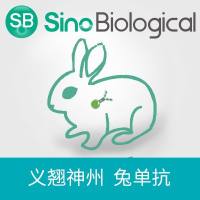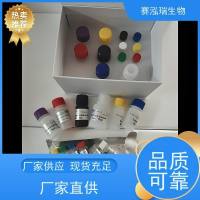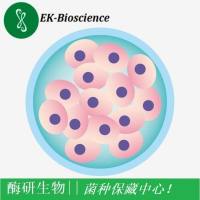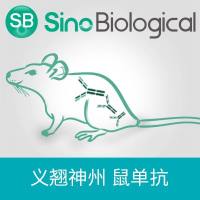Study Design and Methodologies for Evaluation of Anti-glaucoma Drugs
互联网
493
A large number of factors are important in conducting anti-glaucoma drug efficacy studies. It is essential to have an understanding of aqueous humor dynamics and how the tonometer, tonometrist, and animal may affect IOP estimates. Additional critical considerations in the design of an anti-glaucoma drug efficacy studies include the following: (1) selecting the most appropriate species, (2) identifying the rate of nonresponders within the study population, (3) determining whether normotensive or glaucomatous animals should be used, and deciding (4) what secondary endpoints (if any) to include, and (5) whether one eye or both should be dosed. Anti-glaucoma drug efficacy studies have an acclimation phase in which the animal becomes conditioned to the procedures, a predose phase in which baseline data is collected, a dosing phase in which the drug is administered and IOP and possibly other endpoints are monitored, and a recovery phase in which IOP returns to predose values as the drug is washed out before another predose phase is started.








